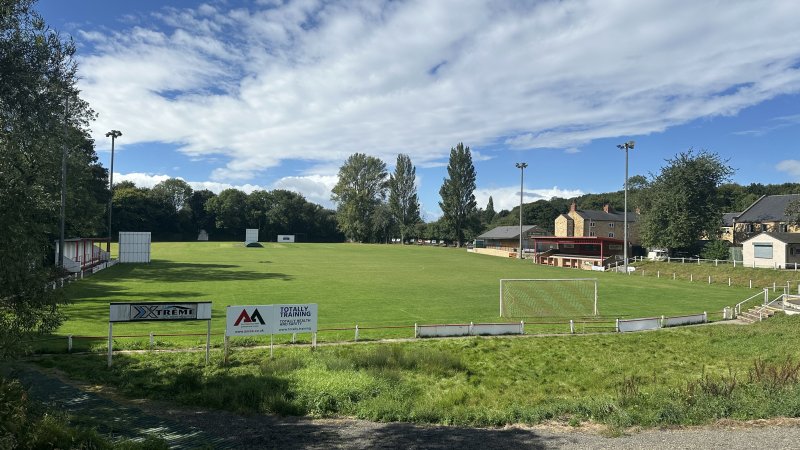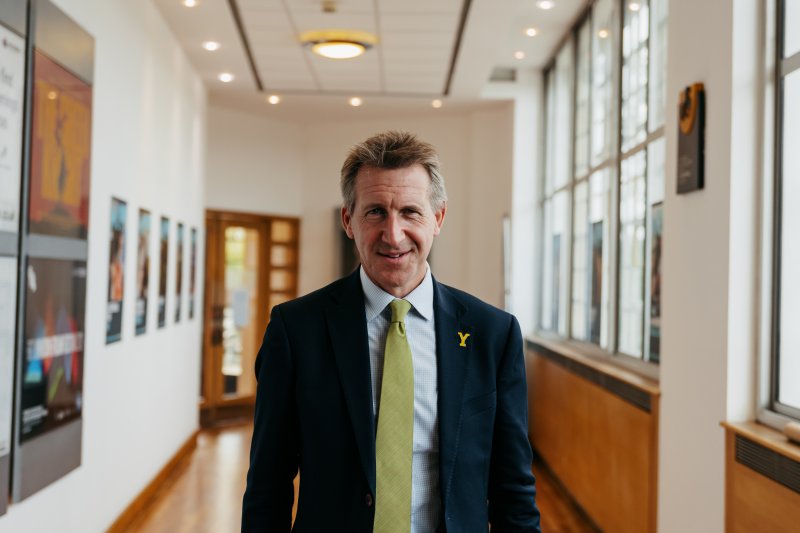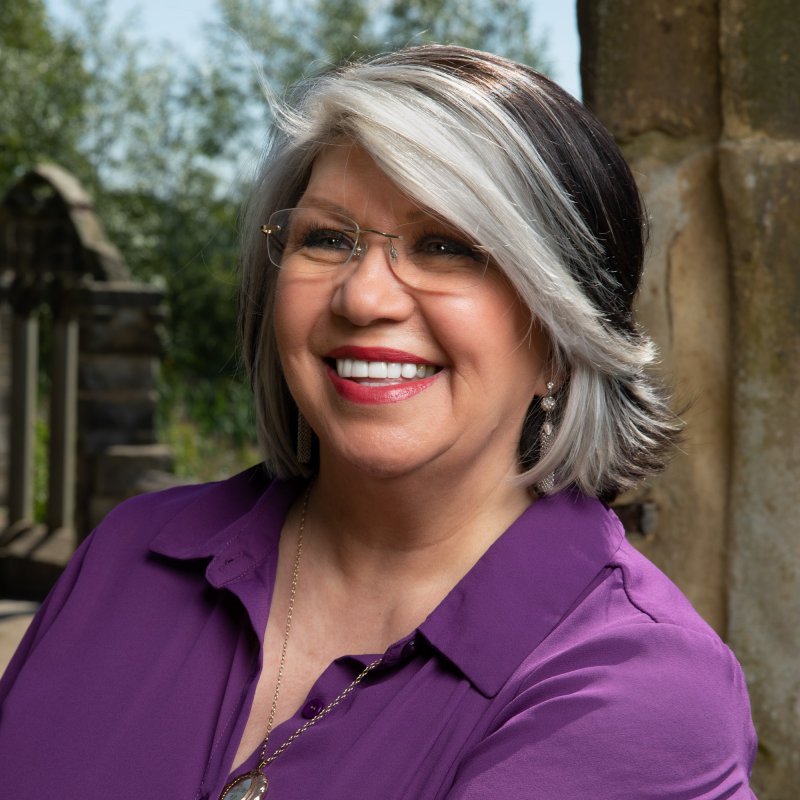DECLINE and deprivation in Barnsley have made the town a breeding ground for far-right views, according to a new report.
The Hope Not Hate charitable trust report - part of the think tank’s ‘Hopeful Towns’ project - centres on how feelings of loss or rapid change, as well as economic decline and fewer opportunities, can create ‘pockets of hostility’.
Researchers believe tackling these issues can make areas more optimistic and resilient in the face of divisive narratives peddled by far-right groups - who they note ‘take root where hope is lost... offering simple answers to complex problems in order to stir up hate and division’.
The report compiles each of England and Wales’ 862 towns into an index, measuring their characteristics within 14 ‘clusters’ that represent challenges to their resilience by taking into account such factors as demographics, employment prospects and housing.
It notes post-industrial towns such as Barnsley - which alongside neighbouring Rotherham is one of the most at-risk in Yorkshire - are particularly vulnerable to becoming prone to problems with racism and division. Barnsley is strongly characterised by ‘cross-cutting deprivation’ - a perceived lack of basic resources - and competition for these resources, with rapid change also causing tension between ‘new’ residents and those already in the town.
Lesser factors leading to feelings of division in the town are visible decline, an aging population with little experience of diversity, migration in the community, a lack of heritage assets - compounding an unclear sense of identity - and an uncertain industrial future.
These issues, the report states, can easily feed into anti-immigrant rhetoric as frustration over resource and opportunity scarcity combines with population changes.
Migration hostility, it adds, is closely tied to austerity.
“The impacts of austerity, especially on local government funding, have exacerbated this, creating in many areas a culture of scarcity,” said the report.
According to a report released last year by charity Centre for Cities, Barnsley has seen its day-to-day spending reduced by 41 per cent - a drop of £688 per person - since 2009.
The charity notes the index outlined in its report can contribute to a ‘place-based approach’ to counteracting these issues, allowing local authorities to tailor policies to their area and empowering smaller communities.
Programmes that can be beneficial in this regard, noted Daniel Crowe of the Local Trust, include the Big Local initiative which allows ‘residents to shape the direction the community takes’.
Perhaps Big Local’s most visible impact in Barnsley is in the village of Thurnscoe, where the scheme has hosted numerous events, helped renovate the village’s assets, and developed grand plans for a £350,000 community plaza alongside locals.
Big Local Thurnscoe development worker Alison Vint told the Chronicle: “Big Local Thurnscoe is committed to supporting resident-led change and empowering the community to identify solutions for itself.
“Part of this is about telling a different story - countering the negative press and impression that people have about the village.
“With a relatively small budget (a million pounds over ten years) Big Local areas can only ever have a limited impact on the bigger structural issues such as housing, public transport and employment, but even here we have made some modest inroads.
“Setting up our legacy organisation ‘Thurnscoe Regeneration CIO’ enabled us to take on bigger projects such as refurbishing derelict houses and bringing them back onto the market.
“Big Local Thurnscoe is keen to work against the ‘broken windows’ theory that states if people feel an area is deteriorating, then social capital is harder to foster.”
Stephanie Riches, coordinator for social group People’s Powerhouse, said: “Investment into these places needs to focus on increasing the sense of shared heritage which brings identity and connection.
“We also need to see funding for social infrastructure in many of the northern towns where there is ‘visible decline’.”
Coun Jenny Platts, cabinet spokesperson for adults and communities, said: “We are aware of the report from Hope not Hate which identifies number of factors and circumstances that many communities across the country face.
“Barnsley continues to focus on improving those contributing factors such as employment, development of cultural assets and communities that are supportive of each other and places where people feel that they belong.”



























